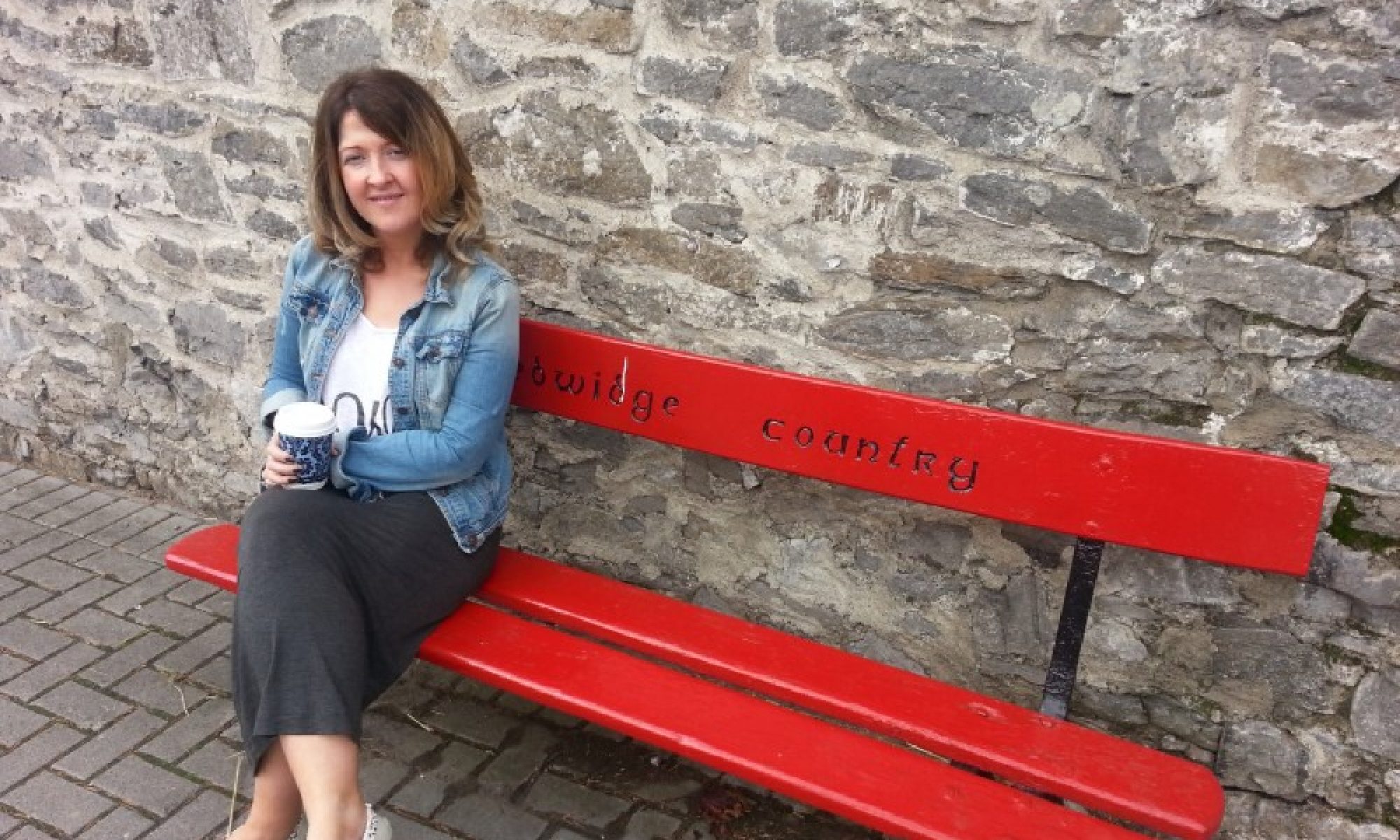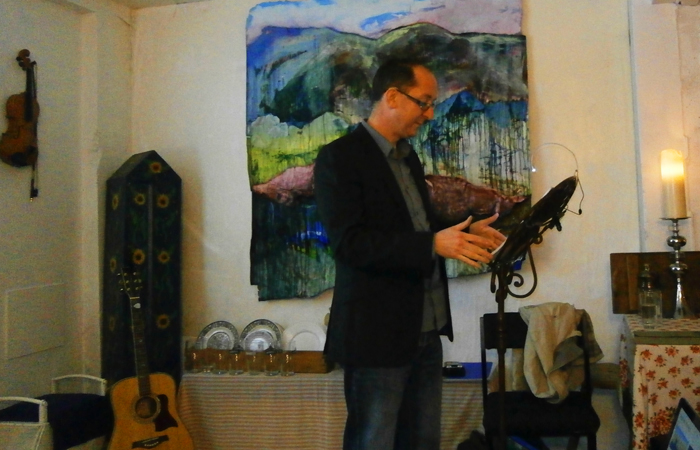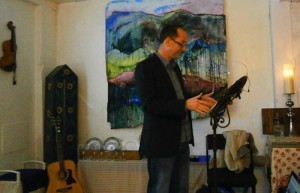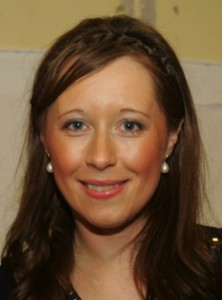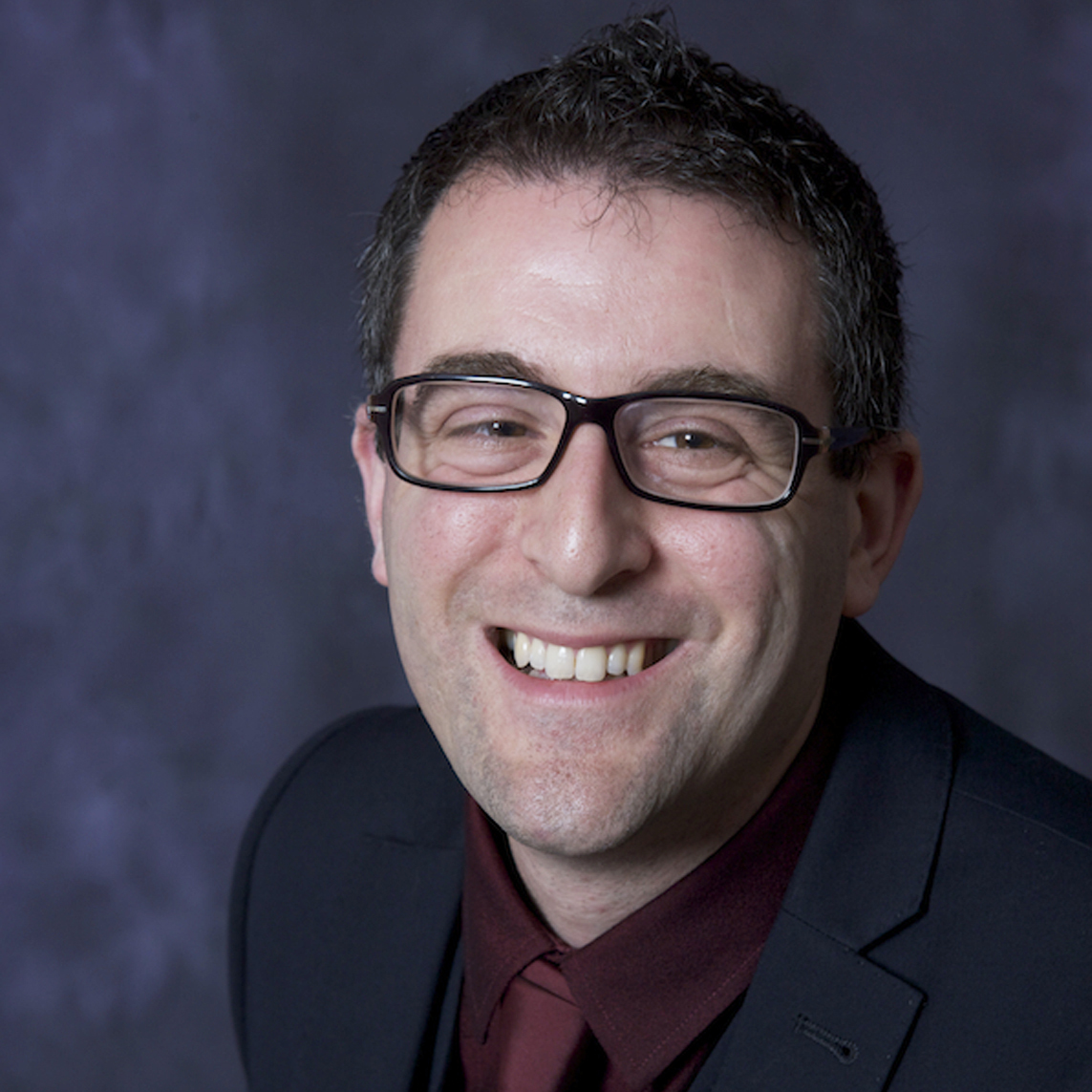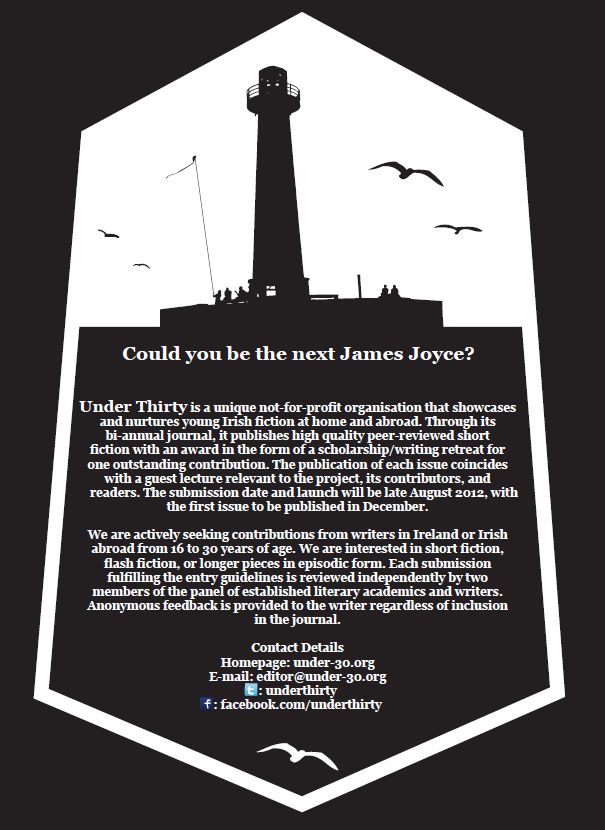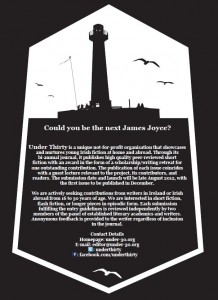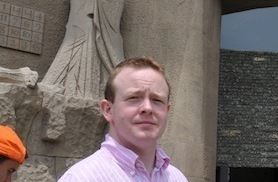From ‘Making Love Outside Aras an Uachtarain’ to ‘A Disused Shed in Co. Wexford’: Ireland’s Poem of the Century.
First we must congratulate RTE on this great idea: to select a poem that stands out as Ireland’s poem of the century. You might say the idea is corny, you might say it is impossible to choose, but you cannot deny that the contest has seen some great poems dusted down and read on radio, discussed on television, and in living rooms, streets, and bars across the country. Poetry is the ancient art of elevated speech, of raising language to a pitch such that it captures an important thought or emotion in a way that no other form can. It was practiced in ancient Greece, Sumeria, China; and, indeed, in ancient Ireland. More importantly, great poems are still being read and written today. It is a worthy enterprise to be reminded of the value of this art in an age where we are bombarded from all sides by visual and aural snippets of trivia and advertising, here one moment and gone the next; from television, internet, and radio. It is refreshing to just hear a voice speaking well-chosen words in an artful and thoughtful way.
What to make of the shortlist? So many great poems: from the historically resonant W.B. Yeats’ ‘Easter 1916’; to the panoramic scope of Derek Mahon’s poem which starts from ‘A Disused Shed in Co. Wexford’ and concludes with the lost people of Treblinka and Pompeii; to the heartfelt simplicity of Paula Meehan’s ‘The Statue of the Virgin at Granard Speaks’. The big names are there: Eavan Boland, Seamus Heaney, Louis MacNeice, Patrick Kavanagh – it is impossible to imagine a list of great Irish poems without these poets being on it. We also have the popular work of Paul Durcan. The Irish language is well represented, the modern classic and the contemporary, Sean O’Riordain and Ailbhe Ni Ghearbhuigh. Of course, so many great poems are not there too: ‘Stony Grey Soil’ by Kavanagh, ‘The War Horse’ by Boland, ‘Amongst School Children’ by Yeats, ‘The Harvest Bow’ by Heaney, could all stand shoulder to shoulder with the poems chosen. However, it is a shortlist, much has to be left out by necessity.
Who do I place in my top three, and why? In third place I go for Yeats great pronouncement on the figures who offered their lives for the noble cause of Irish freedom, ‘Easter 1916’. I admire this poem, as so often in Yeats, for his mastery of poetic form. Look at the very basic pattern of the poem, inspired by the date of the Rising, two stanzas of 16 and 24 lines respectively, and where you never feel that a single line has been put in just to keep the numbers balanced. You also have to admire Yeats’ mastery of memorable phrasing; who in Ireland could not finish these lines once you start them: ‘all changed, changed utterly:/A terrible beauty is born’?
For second place, I opt for Kavanagh’s magical evocation of a child’s perception of a rural Irish Christmas, a poem that could have ended up sounding sentimental but never once hits a cloying note, and a poem and a poet who occupies a unique place in the imagination of Irish people. At his best Patrick Kavanagh captured in resonant word and phrase what seemed to be the experience of so many of the country’s people; life in small country farms, villages, and towns. His ‘A Christmas Childhood’ has its fair share of memorable lines: ‘The light between the ricks of hay and straw/Was a hole in heaven’s gable’, to ‘In silver the wonder of a Christmas townland,/The winking glitter of a frosty dawn.’ After reading the poem we can almost hear the melodeon music his father played that morning, the music to which the stars of the east got up and danced; a very visual and striking image.
However, for my number one, I opt for Derek Mahon’s ‘A Disused Shed in Co. Wexford.’ Not only one of the best poems written in Ireland in the last fifty years, but quite possibly one of the greatest poems written in the English language in that period. The poem is immense in its scope, starting from a small, forgotten shed in Co. Wexford, Mahon builds his poem into an extended metaphor, with the mushrooms finally coming to stand by the poem’s conclusion, for all lost, forgotten, struggling people. The poem concludes, calling on the reader to listen and intervene, having suggested many of the great tragedies of twentieth century history; from the local catastrophe of the Irish civil war to the global catastrophe of the death camps of Treblinka. The poem has many eloquent and memorable lines, typical of the phrasing of the Mahon voice; the mushrooms left for so long waiting in the dark, ‘have been so long/Expectant that there is left only the posture’; ‘they lift frail heads in gravity and good faith’; ‘let not our naïve labours have been in vain!’ Of course, such wonderful phrasing, and the magnificent poetic conceit that lies behind the poem, the mushrooms as a metaphor for all patiently suffering and waiting people, allows us to overlook one significant weakness at the heart of the poem, mushrooms are a fungi that do not need light to grow: ‘A thousand mushrooms crowd to a keyhole.’ Regardless of this oversight, the poem is utterly memorable, expressive of so much that needs to be said, and thereby very moving; what we want from the greatest of our poems.
Dr. Derek Coyle lectures in English Literature and Irish Studies at Carlow College. He has published poems and reviews in The SHOp, Ceide, The Texas Literary Review, Revival, Wordlegs, and the Irish Literary Supplement. Recently, he has had poems published in Mexico, in Cuadrivio, in their Irish issue. He was commended for the Patrick Kavanagh Award(2014), shortlisted for the Patrick Kavanagh Award (2010), and the Bradshaw Prize (2011).
